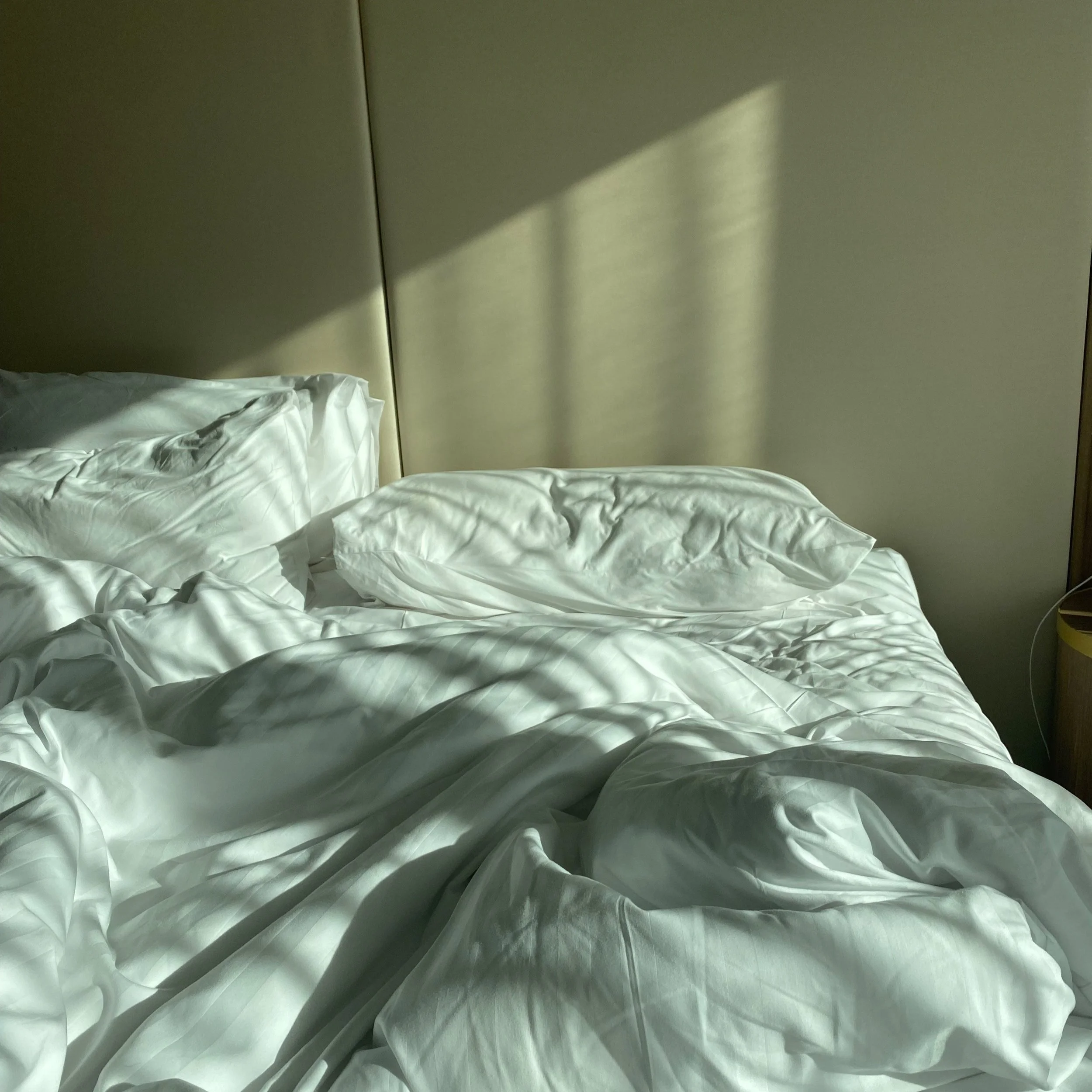sleep hygiene.
OCTOBEr 2023
Sleep hygiene refers to good sleeping habits to help you get a restful and rejuvenating nights sleep. Sleep is such an important factor in your health, daily energy levels and wellbeing, it allows the body and mind to rest, heal and re-energise. Although you may feel like you can function on a few hours of sleep, it doesn’t mean you wouldn’t feel better and function optimally with a few extra hours (7-9 hours is recommended) and to also reduce the risk of developing more serious conditions.Sleep deprivation has been shown to impact:Immune healthCardiovascular healthEnergy levels and vitalityWeight gain or lossMemory and concentrationMental health
Calming the nervous system prior to bed in combination with healthy daytime practices provide you with the best opportunity of getting a good quality night's sleep.The following strategies can easily become part of you morning and evening routines:Dim the lights and switch your screens off - put your phone and laptop away at least 30 minutes - 1 hour (longer if possible) prior to going to bed. The artificial bright lights can stimulate your nervous system and tell your brain to stay awake.
Bedroom environment - make sure your bedroom is a comfortable temperature, dark (or dim light if preferred) and quiet.Promote relaxation through a bedtime ritual - this may involve a warm bath/shower, sleep meditation, journaling, light reading, herbal tea, stretching, breathing exercises or any practices you find calms you ready for sleep.Avoid evening stimulants and excesses - caffeine, nicotine, alcohol, exercise, sugar and heavy meals should all be avoided 3-4 hours prior to bed.Circadian Rhythm - try and stick to a regular sleep-wake cycle, which if possible is in line with the rising and setting of the sun, this will allow the hormones involved in sleep - melatonin and cortisol - to regulate and ensure you are getting energy at the right times throughout the day.Get outside - aim to get the sunlight on your skin first thing in the morning to further assist with regulating your circadian rhythm. Go for a short walk around the block or do your morning meditation or journaling outside.Say no to napping - adults should avoid napping throughout the day if you get an energy dip, as this will impact your circadian rhythm and your ability to fall asleep at night. Instead, depending on your energy levels, try a short workout to boost energy levels. Some populations, such as shift workers, may find napping works for them and are required to get through the day.Regular exercise - studies have shown just 30 minutes of exercise a day can improve insomnia, reduce the time it takes to fall asleep and support mental health.No coffee after midday - studies have shown consumption of coffee after midday can impact your sleep - switch to decaf or herbal tea
If you do find yourself waking throughout the night, avoid picking up your phone and get out of bed - I know it seems silly when you are trying to sleep, but if you haven’t been able to get back to sleep in 20-30 minutes, get up and do something calming until you feel sleepy and then return to bed.Calming strategies to get back to sleep:Read something light - nothing too stimulating or interestingListen to a sleep meditation - try the insight timer appDiffuse lavender essential oilSip on a non-caffeinated herbal teaWrite in a 'worry' journal - if you find you can’t switch your brain, try writing all your thoughts and worries that are keeping you awake to get them out of head until the next day

